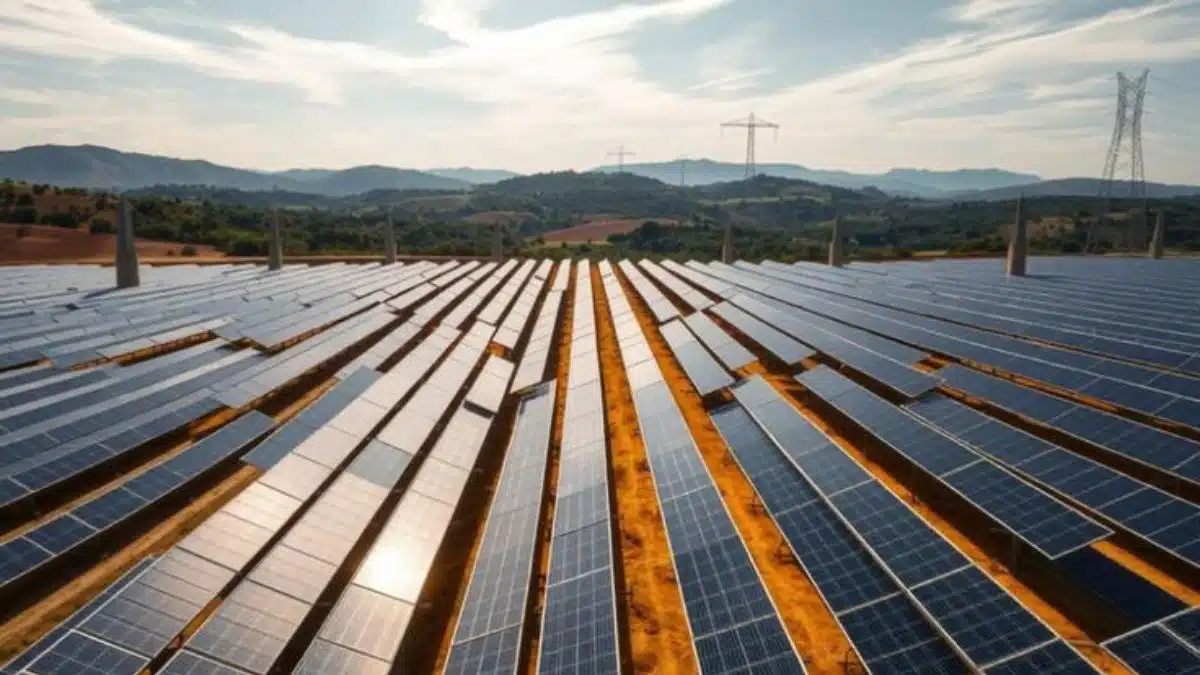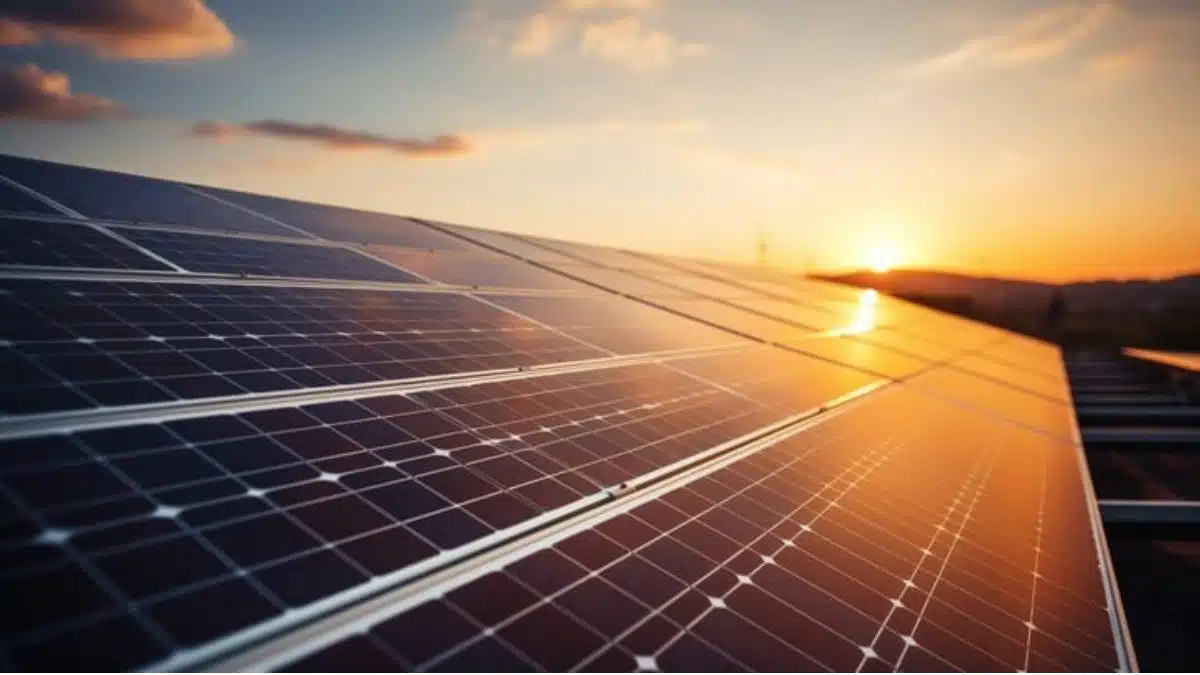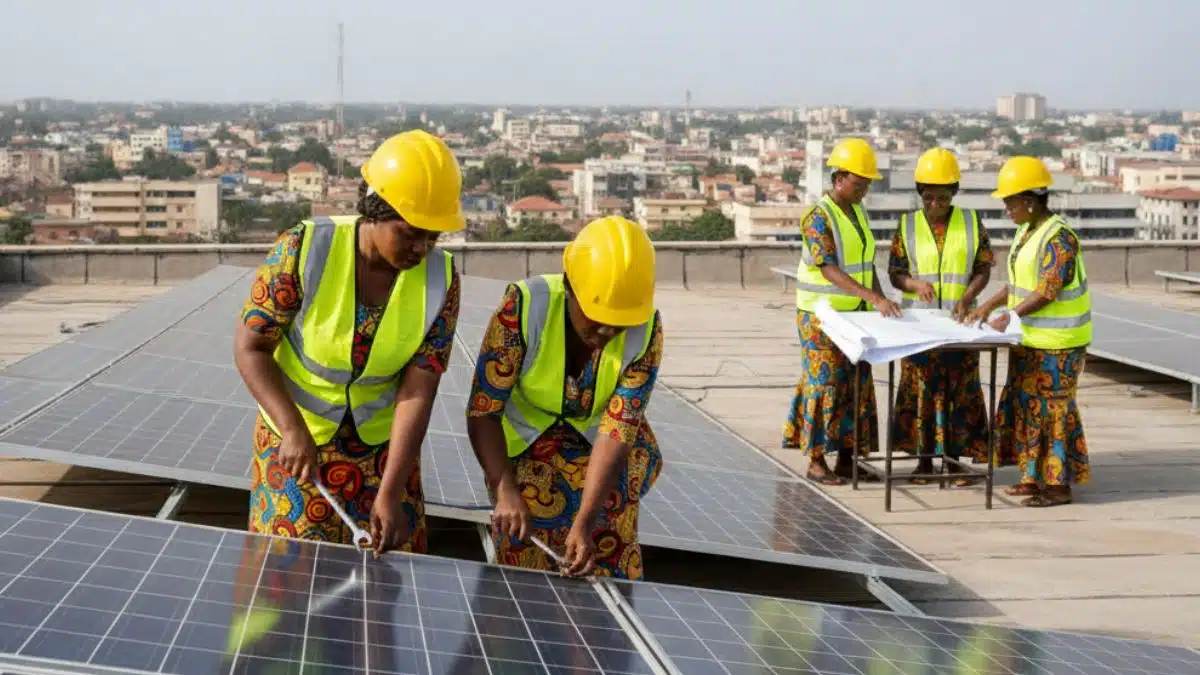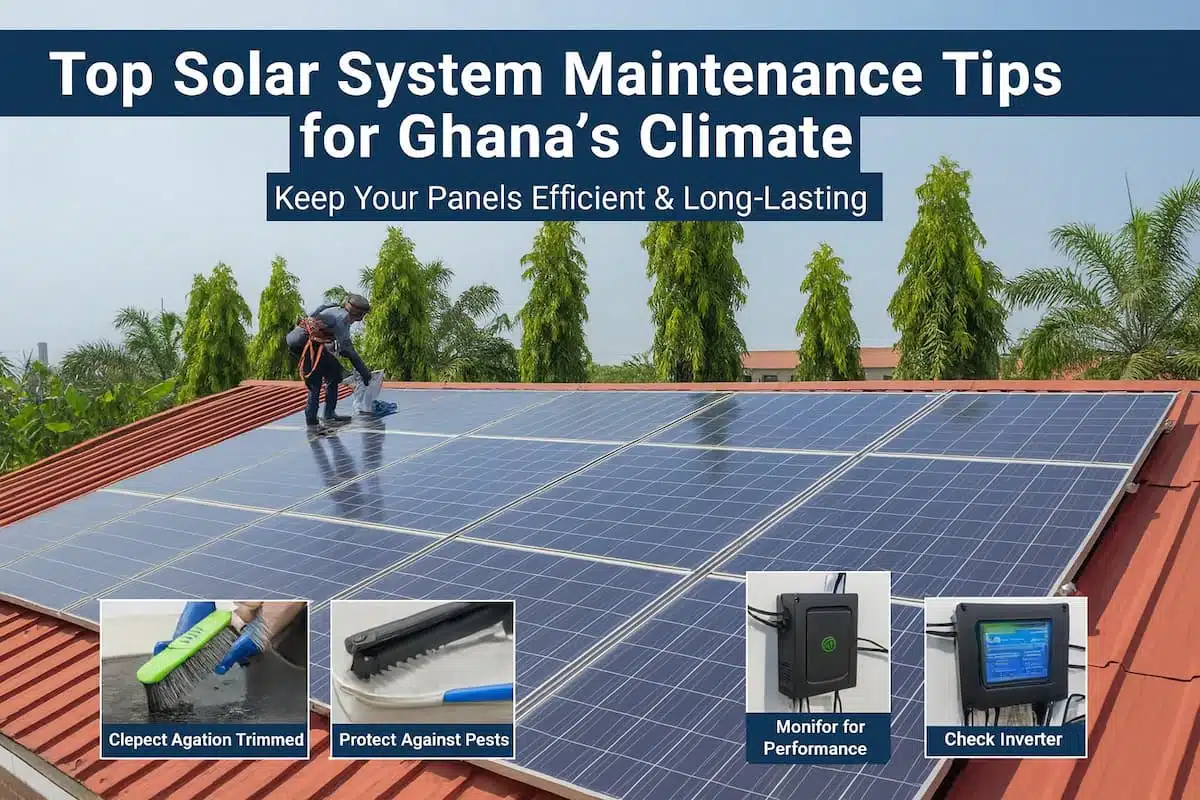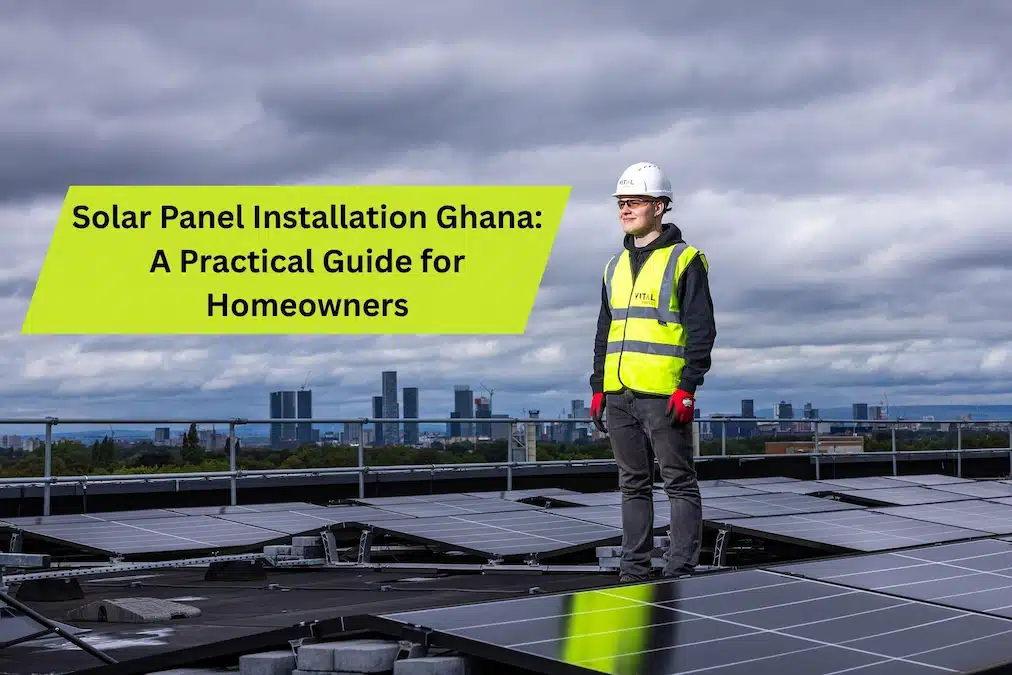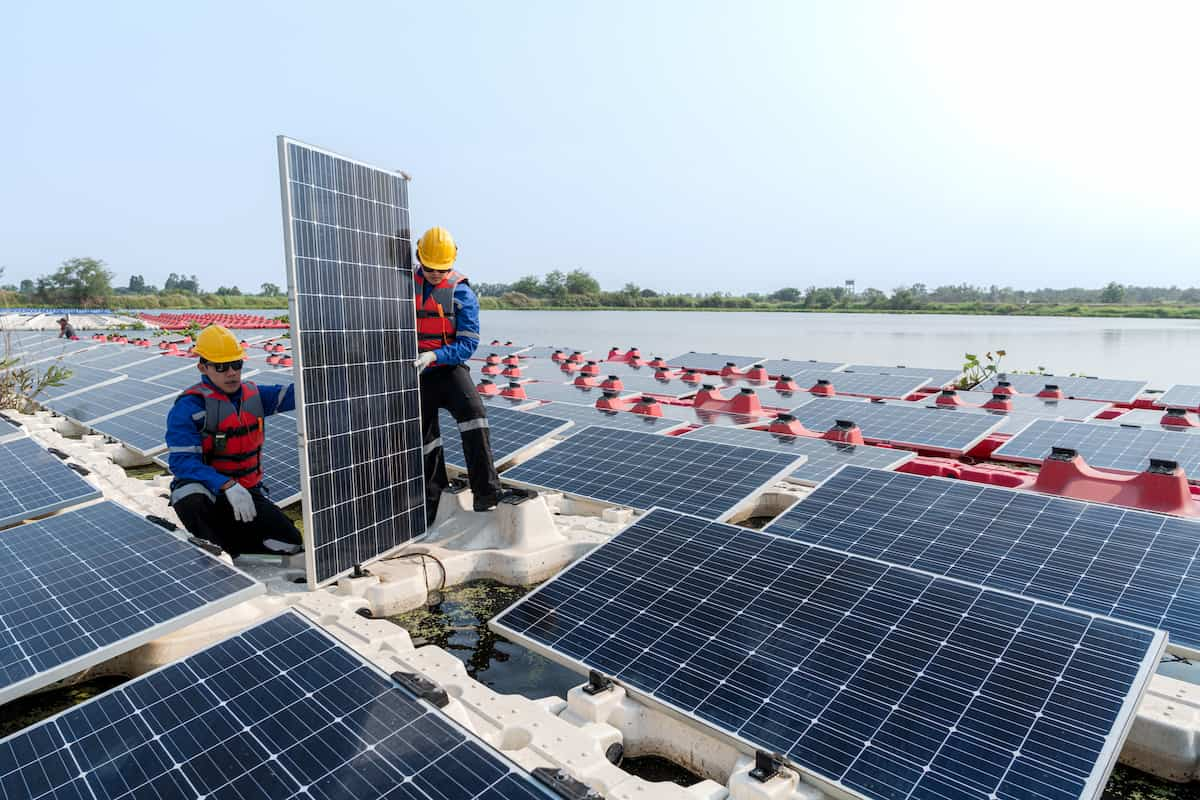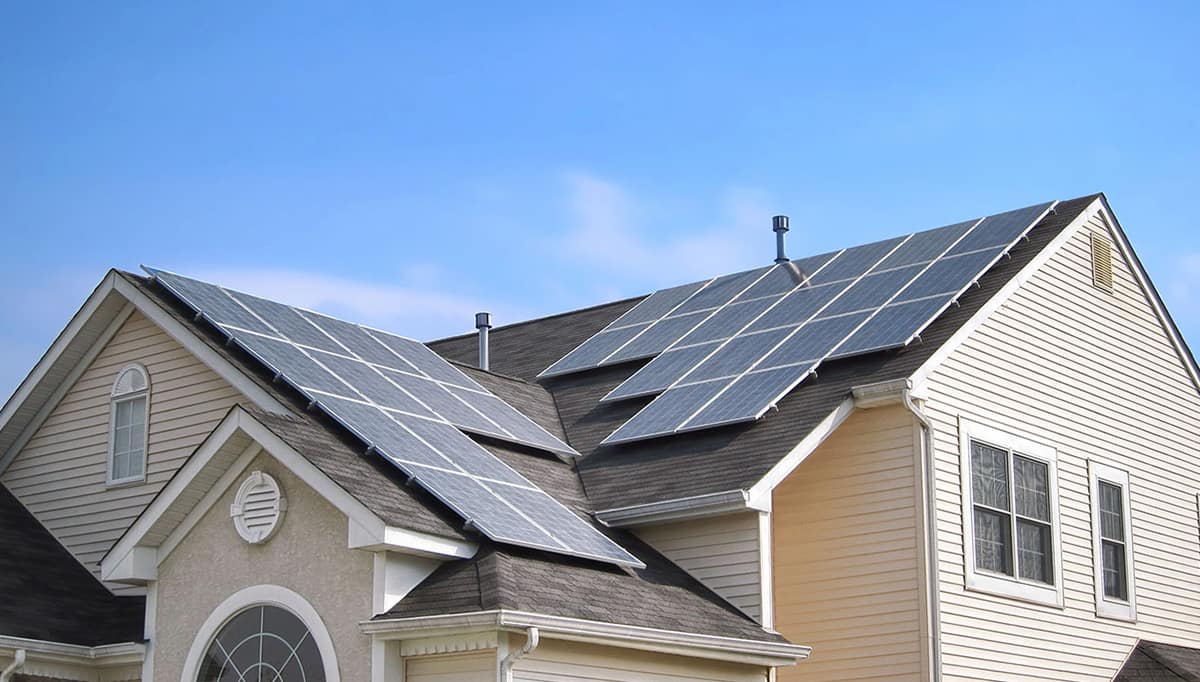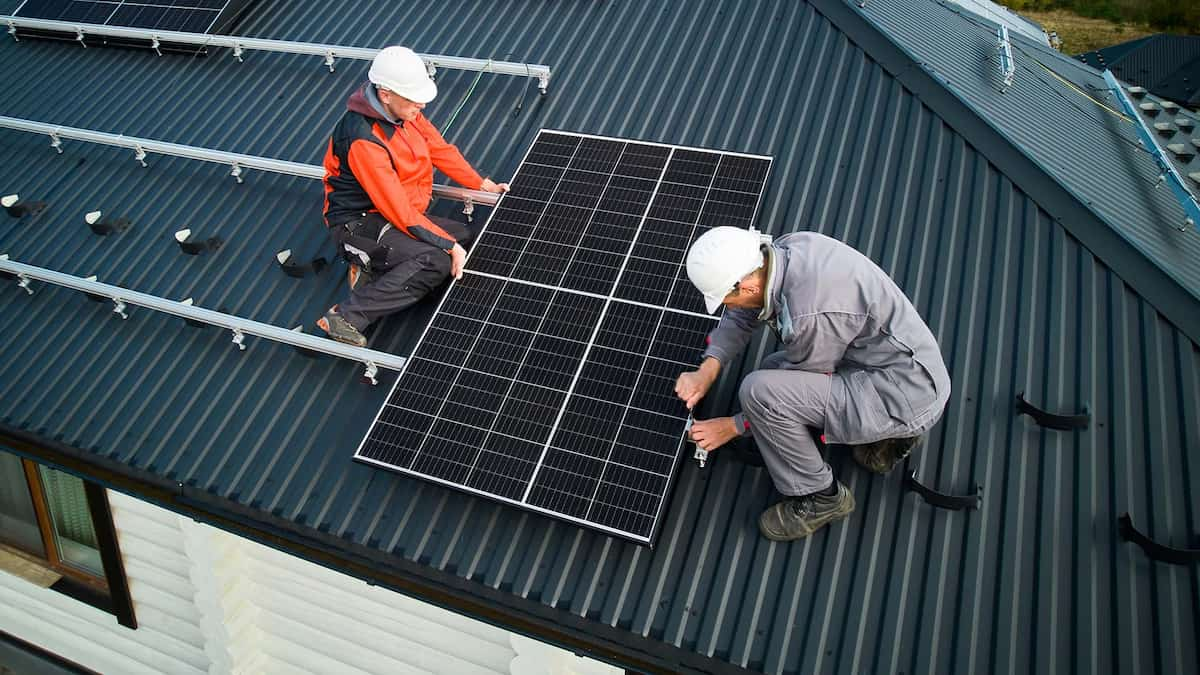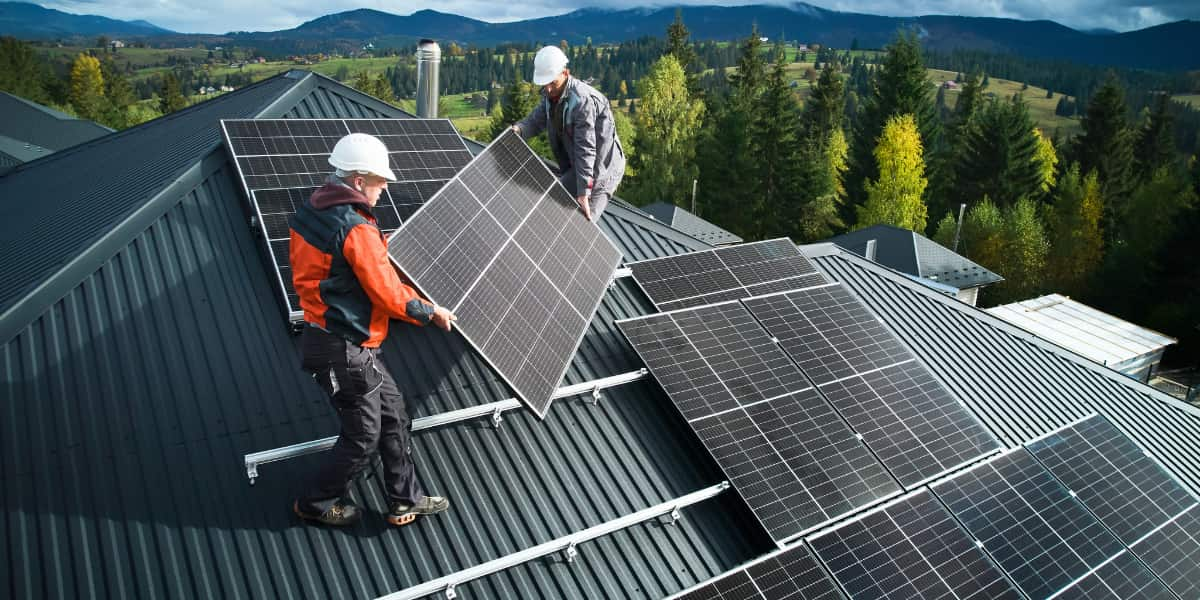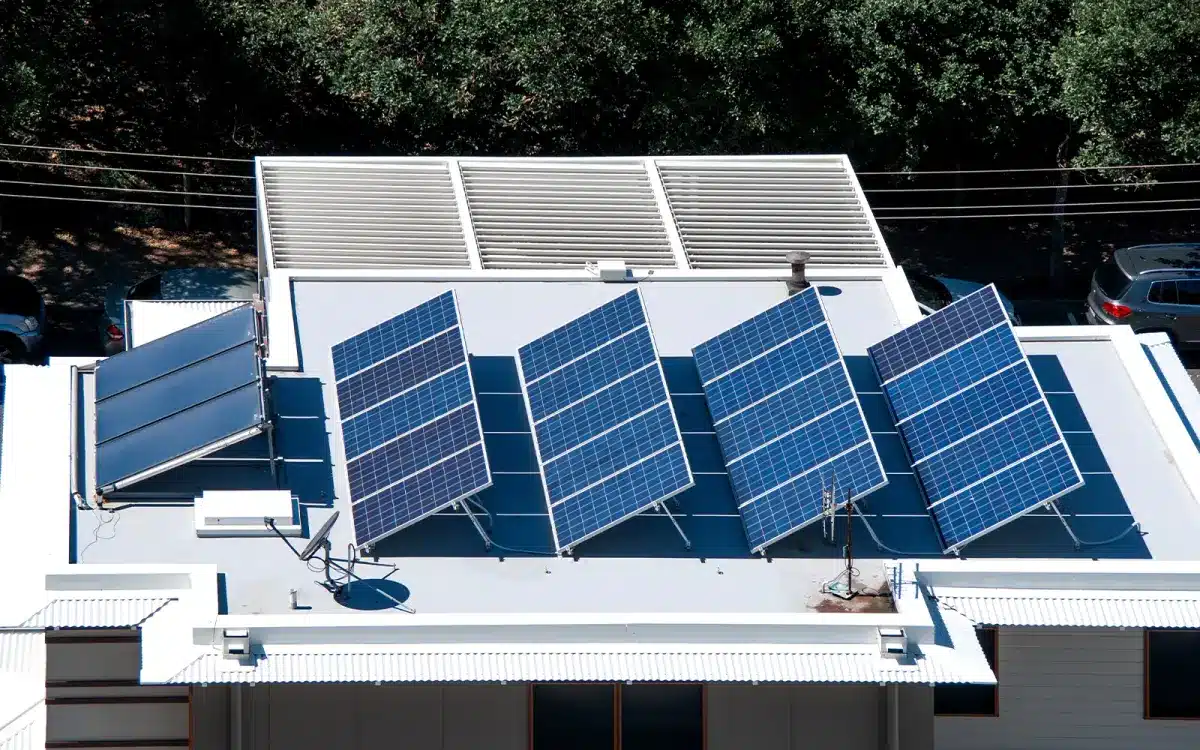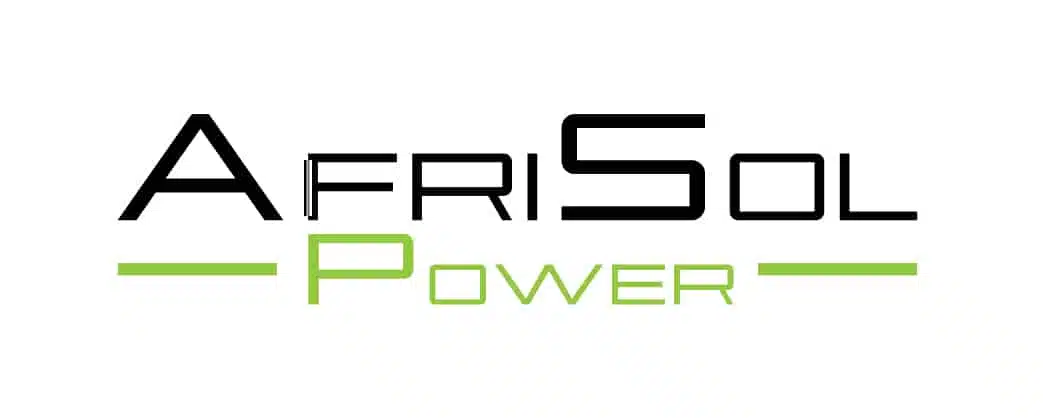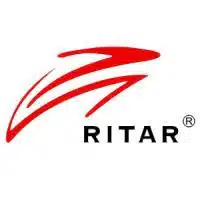Blogs
Small Business Solar Energy in Ghana: Costs & Benefits
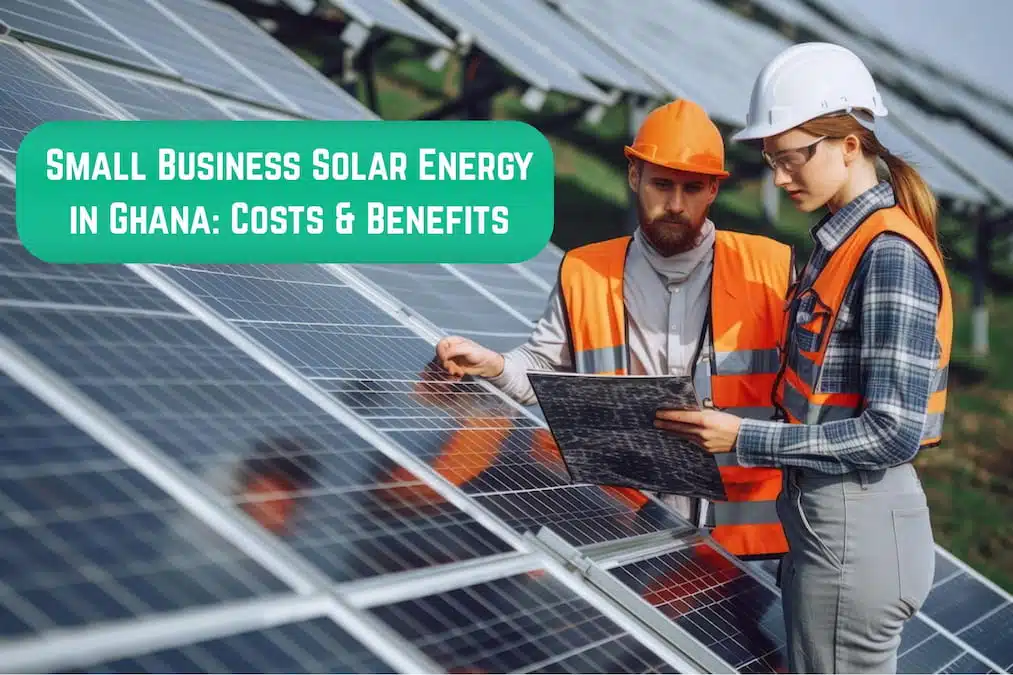
Small Business Solar Energy: As Ghana’s economy grows, small businesses are vital to driving economic progress. However, rising energy costs and unreliable electricity supply pose significant challenges. Solar energy is emerging as a popular solution, helping businesses reduce operational costs, ensure reliable energy, and promote environmental sustainability. This article explores the costs and benefits of solar energy for small businesses in Ghana.
Why Small Businesses in Ghana Should Consider Solar Energy
Ghana’s energy infrastructure is still developing, and many areas face unreliable grid power, leading to frequent power outages. These blackouts disrupt operations and increase the cost of doing business. Many small businesses, especially those in rural areas, struggle to maintain productivity during power interruptions. Solar energy presents a solution to these issues by offering an independent and sustainable power source.
With Ghana’s abundant sunlight, solar energy is an ideal solution to power businesses efficiently. Let’s take a closer look at the key reasons why small businesses should adopt solar energy.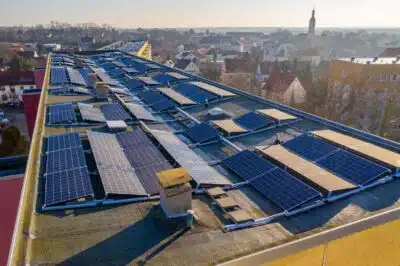
Benefits of Solar Energy for Small Businesses
1. Reduction in Energy Costs
Installing solar panels allows businesses to generate their own electricity, reducing dependence on the national grid. This leads to significant savings on monthly energy bills. Additionally, solar panel prices are steadily decreasing, making the switch more affordable for small businesses.
2. Energy Independence and Reliability
Solar systems, especially when paired with battery storage, ensure continuous power during outages, maintaining operations and protecting revenue.
3. Sustainability and Environmental Impact
Solar energy reduces carbon emissions and supports eco-friendly business practices. Today’s consumers increasingly favor sustainable companies, enhancing brand image and customer trust.
4. Government Incentives and Support
The Ghanaian government offers tax incentives for businesses investing in solar energy. International organizations and NGOs also provide financial support or low-interest loans to reduce upfront costs.
Cost of Solar Energy for Small Businesses in Ghana
While the benefits of solar energy are clear, understanding the cost of installation and maintenance is crucial for small business owners who are considering this option. The total cost of a solar system depends on factors such as:
The cost of a solar system depends on several factors:
-
System Size: The larger the business and the more electricity it uses, the larger the solar system will need to be. Small businesses typically opt for systems that range from 3kW to 10kW.
-
Panel Type: There are different types of solar panels (monocrystalline, polycrystalline, and thin-film), each with varying costs. Monocrystalline panels are more expensive but offer higher efficiency, while polycrystalline panels are more affordable.
-
Inverter and Battery: An inverter is required to convert the DC electricity generated by solar panels into AC power. Businesses may also choose to add battery storage to store excess energy for use during power outages, which adds to the cost.
-
Installation: Professional installation is necessary to ensure the system is properly set up and complies with local regulations. This cost can vary depending on the complexity of the installation.
Average cost: GHS 15,000–40,000, with most businesses recovering the investment within 5–7 years through energy savings.
Financing Options
Several financing options make solar energy more accessible:
-
Bank loans with favorable terms
-
Leasing plans for gradual payments
-
Pay-as-you-go plans offered by solar companies
-
Government or donor programs offering incentives
Steps to Install Solar Panels for Small Businesses
-
Conduct a Solar Assessment – The first step is to assess your business’s energy needs and roof suitability for solar panels. A solar expert can perform an energy audit to determine how much energy your business consumes and how much solar energy you can generate. This helps to calculate the appropriate system size.
-
Choose a Reputable Installer – Choose a certified installer with experience in commercial
-
. The installer will design the system and handle the installation process. Make sure to ask for references or check reviews to ensure they have a proven track record.
-
Financing the System – Determine the best financing option for your business. You can either pay upfront, access loans, or explore government and donor programs offering financial incentives for solar adoption.
-
Install and Monitor – Once the system is installed, the solar company will test the system to ensure everything is functioning correctly. You’ll also want to set up a monitoring system to track the performance of your solar panels over time.
-
Maintain Your System – Solar systems require minimal maintenance, but regular cleaning of panels and checking for any system issues will ensure optimal performance. Some companies offer maintenance packages that include routine inspections and repairs.
Conclusion
Switching to solar energy offers small businesses in Ghana numerous benefits, including cost savings, energy independence, and sustainability. The cost of installation may seem high initially, but with the decreasing cost of solar panels and available government incentives, the long-term financial and environmental benefits far outweigh the initial investment. Small businesses that adopt solar energy can reduce their operational costs, improve energy reliability, and contribute to a greener Ghana.
By taking the necessary steps-assessing energy needs, choosing the right panels and system size, financing the project, and selecting a certified installer-small businesses in Ghana can successfully harness the power of the sun for a more sustainable and profitable future.









